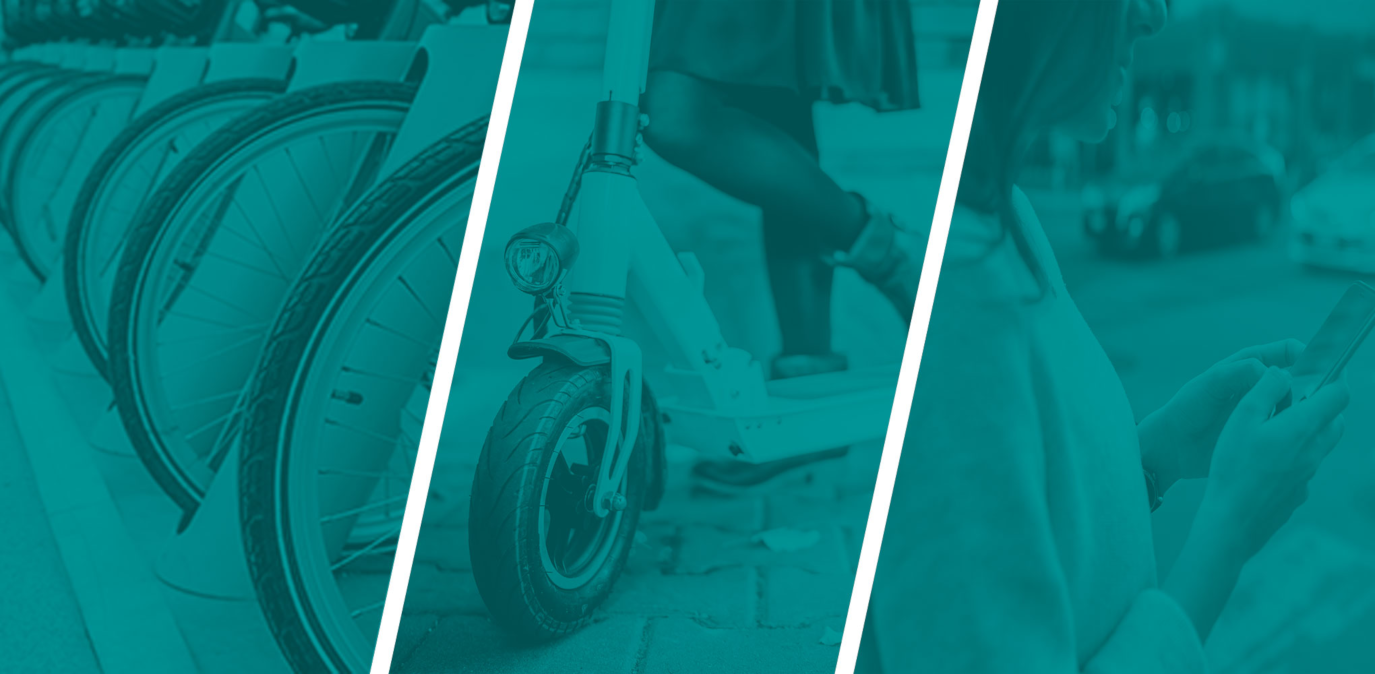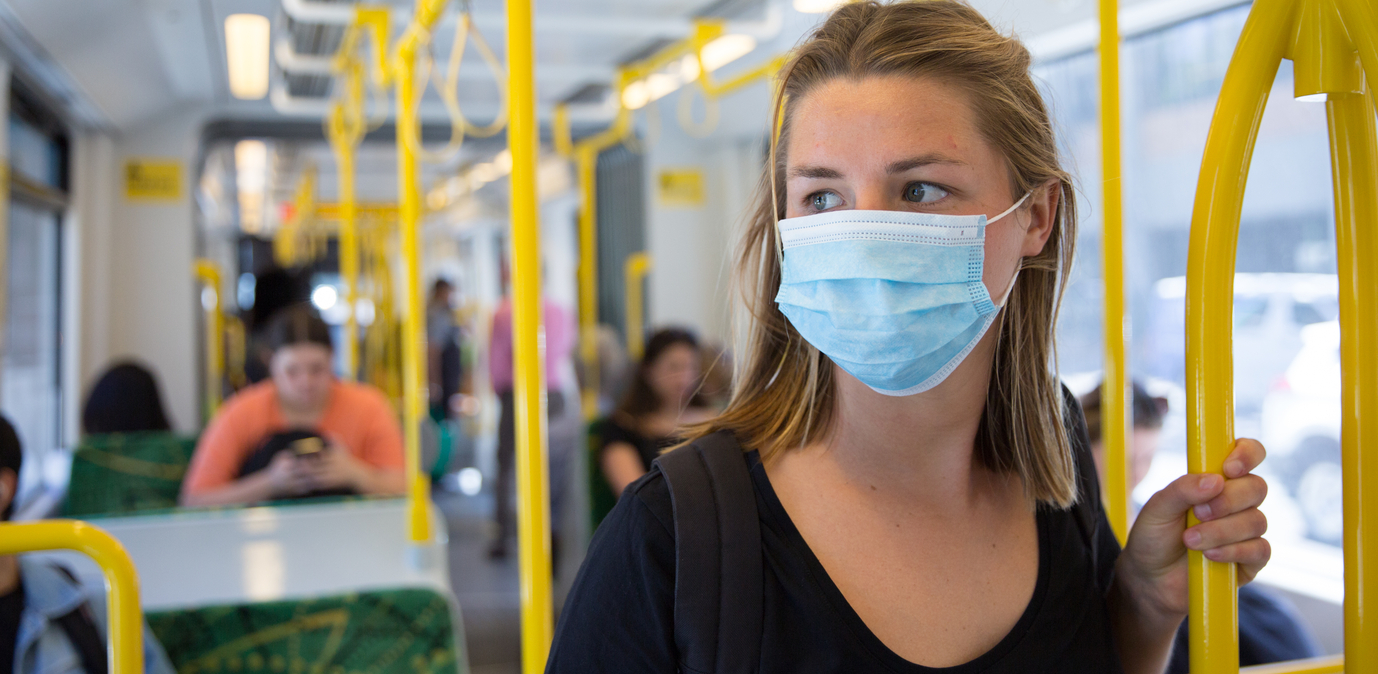Top 3 On Demand Mobility Stories in Europe - 20 September 2019
by Matthew Niblett on 20 Sep 2019
This week's top three: Estonia becomes the latest European country to legislate for e-scooters, Spanish taxi union goes after ride hailing employment model in the courts, and Berlin police publish e-scooter accident stats.
Estonia the latest European country to legislate for e-scooters
The Estonian Police and Border Guard (PPA) confirmed that new rules on the regulation of e-scooters will be introduced in the summer of 2020. The Ministry of Economic Affairs, who will be leading on this, currently plan to update the Traffic Act 2013 to say that those riding e-scooters and other electric micromobility devices be considered pedestrians, and therefore be subject to the rules of pedestrian traffic. The Ministry and the PPA are collaborating on this initiative, and are also considering introducing an age limit, mandating safety equipment (e.g. helmets), limits on top speed, and where e-scooters are allowed to go.
Spanish taxi union goes after ride hailing employment model in the courts
Fedetaxi, the union which represents over 60% of taxi drivers in Spain, will pursue a lawsuit against ride hailing businesses before the Spanish Labour Inspectorate. Fedetaxi maintains that it is illegal for fleet management companies to hire and pay drivers on behalf of ride hailing platforms. The practice, which is common in Spain, allows ride hailing businesses to avoid the costs of hiring the drivers directly but Fedetaxi maintains that, since the rides are intermediated via ride hailing companies, it is those companies who ought to have an employment relationship with the drivers.
Drunk riding and serious injuries: three months of e-scooters in Berlin
Berlin police published statistics on incidents involving e-scooters since the devices were legalised in the city, three months ago. In those three months Berlin police have recorded 74 accidents, 16 of which led to serious injuries, 65 cases of drunk riding, and 233 traffic violations. According to the police, the main causes of violations and accidents are driver inattention, use of unauthorised paths, and intoxication, with evening spot checks revealing that riders are “frequently intoxicated.”
This is a weekly note covering the top three developments in the regulation of on-demand transport in Europe. It covers taxis, ride-sharing, car sharing, carpooling, bikes, e-bikes, scooters, shared mopeds and anything else that's relevant to the sector. We also produce weekly global round-ups of developments in particular sectors of the sharing economy and offer a free two-week trial.
If you'd like to receive the Top 3 Stories direct to your inbox then please enter your email address below:
Topics: Transport, Sharing economy, Collaborative economy, Sharing and on-demand transport, Top 3 Mobility Stories This Week, Mobility, Matthew Niblett






Comments